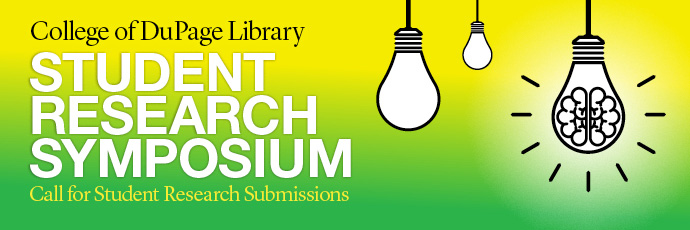Poster: Captain Abraham: America's First Martyr
Location
SRC 2000
Event Type
Poster
Start Date
10-5-2019 10:30 AM
End Date
10-5-2019 11:00 AM
Description
This ballad was written in 1865 by Walt Whitman after the assassination of Abraham Lincoln and became Whitman’s most popular poem during his lifetime. “O Captain! My Captain!” consists of three stanzas. It is a symbolic poem in which the “Captain” refers to Abraham Lincoln and the “Ship” refers to the Union. In the first stanza, Whitman tells us that “the fearful trip (the Civil War) is done. The prize we sought (victory and an end to slavery) is won.” The people are rejoicing but the “Captain” (Abraham Lincoln) lies, “Fallen cold and dead.” In the second stanza, Whitman calls to the Captain to rise up because the people are anxious to see him. However, “the Captain, dear father is dead.” Whitman refers to Lincoln as both Captain and father because Lincoln is not only the military leader, but also the father of the nation. In the third stanza, Whitman reinforces that the war is over, the nation is safe, and the objectives have been achieved. However, the “Captain” has paid the ultimate price for these successes. He lies, “Fallen cold and dead.”
Faculty Supervisor: Dr. Lisa Higgins
Poster: Captain Abraham: America's First Martyr
SRC 2000
This ballad was written in 1865 by Walt Whitman after the assassination of Abraham Lincoln and became Whitman’s most popular poem during his lifetime. “O Captain! My Captain!” consists of three stanzas. It is a symbolic poem in which the “Captain” refers to Abraham Lincoln and the “Ship” refers to the Union. In the first stanza, Whitman tells us that “the fearful trip (the Civil War) is done. The prize we sought (victory and an end to slavery) is won.” The people are rejoicing but the “Captain” (Abraham Lincoln) lies, “Fallen cold and dead.” In the second stanza, Whitman calls to the Captain to rise up because the people are anxious to see him. However, “the Captain, dear father is dead.” Whitman refers to Lincoln as both Captain and father because Lincoln is not only the military leader, but also the father of the nation. In the third stanza, Whitman reinforces that the war is over, the nation is safe, and the objectives have been achieved. However, the “Captain” has paid the ultimate price for these successes. He lies, “Fallen cold and dead.”
Faculty Supervisor: Dr. Lisa Higgins


